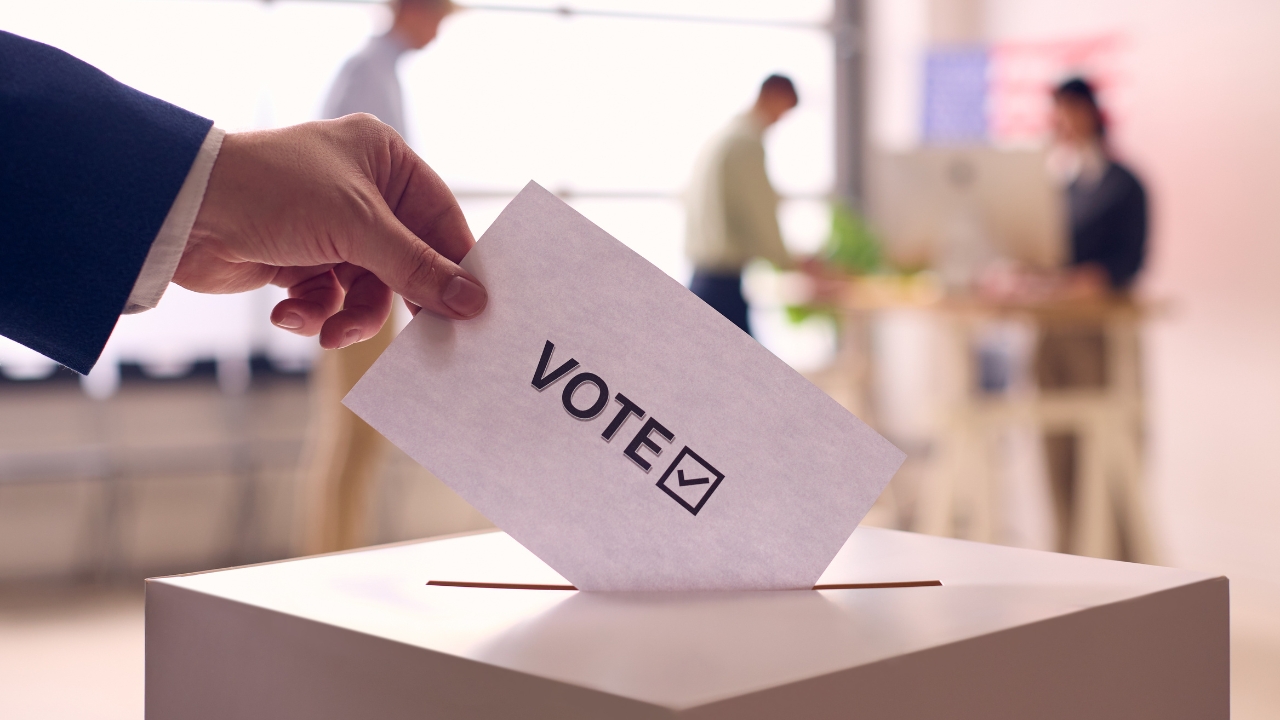
Trump’s Greenland Remarks Propel Gold and Defense
Gold and European defense stocks surge as fears of geopolitical tensions rise from Trump’s Greenland

As Yukoners prepare to head to the polls later this year, the 2025 general election is shaping up to be one of the most important in the territory’s political history. While every election carries weight, this one feels different—charged with urgency, uncertainty, and a mix of hope and concern among voters.
The Yukon sits at the intersection of many challenges: the rising cost of living, the impacts of climate change, ongoing questions of reconciliation with Indigenous communities, and the search for economic stability. For a small northern territory with fewer than 50,000 residents, the election result will not just change leadership—it will shape how Yukoners live, work, and plan for the coming years.
A History of Close Contests
Politics in Yukon has always been closely fought. The 2021 election ended in a virtual deadlock, leaving the then-Liberal government reliant on support from opposition members to continue leading. Since then, the government has been tested by shifting voter concerns, most importantly around affordability, housing, and climate impacts.
Premier Ranj Pillai, who took over leadership in 2023, is now seeking to deliver stability and present his party as the steady choice for Yukoners. However, the political opposition, particularly the Yukon Party and the New Democratic Party (NDP), see this as their best chance in years to reshape the territory’s political map.
Yukon elections are often decided by just a handful of votes in certain ridings, which makes this race especially unpredictable. Unlike in larger provinces, where national trends often guide local results, Yukon politics are more personal, issue-driven, and shaped by direct community connections.
The Issues Driving the Debate
1. Housing and Affordability
From Whitehorse to Dawson City, the housing crisis has become the single biggest concern of everyday Yukoners. Rising rents, limited construction, and soaring real estate prices have forced many families to rethink their future in the territory. A younger generation, in particular, feels priced out of home ownership. Political parties will be judged heavily on their ability to offer real, practical solutions.
2. Climate Change and Wildfires
Nowhere are the effects of climate change more visible than in Yukon’s forests and communities. Recent summers have brought thick smoke, evacuations, and destroyed landscapes. Wildfires, permafrost thaw, and changing weather patterns are now part of daily life. Voters are asking for policies that go beyond speeches—demanding action on renewable energy, land protection, and disaster readiness.
3. Jobs and Economy
Mining remains one of Yukon’s economic pillars, yet it comes with heated debates about environment versus development. The economy also depends on tourism, government services, and small businesses—sectors hit hard in the past decade. The goal for parties will be to convince voters they can deliver balanced growth that protects the land while creating steady jobs.
4. Indigenous Rights and Partnerships
Yukon is home to 14 First Nations, many of whom have signed modern treaties and self-government agreements. Their role in shaping Yukon’s political, cultural, and economic path is central. The 2025 campaign will likely highlight Indigenous voices more strongly than in past elections, especially as land use, climate resilience, and shared governance rise on the agenda.
5. Healthcare and Education
Like much of Canada’s North, Yukon struggles with healthcare access. Limited specialists, rural healthcare gaps, and the cost of maintaining services in remote areas continue to challenge governments. Meanwhile, education reform, youth training, and supporting the next generation of leaders will remain pressing issues for all parties.
The Parties Entering the Arena
Yukon Liberal Party: Led by Premier Ranj Pillai, the Liberals will campaign on their record of stability and investments in housing and climate response. Expect the Liberals to stress continuity, responsible financial management, and partnerships with communities.
Yukon Party: Often seen as the conservative choice, the Yukon Party is expected to emphasize stronger economic growth, faster approvals for resource development, and commitments to ease inflation’s pressure on families.
New Democratic Party (NDP): The NDP will focus heavily on housing affordability, healthcare, and tackling inequality. They will likely advocate more ambitious climate policies and stronger protections for renters and workers.
Because no party has consistently dominated Yukon politics, smaller parties and independent candidates can also play a crucial role. This creates the possibility of another minority government, where alliances and agreements may shape policy direction.
Why This Election Matters
This election is not just about who takes office in Whitehorse. It is about how Yukoners see the future of their territory. As prices rise, fires burn, and northern communities seek stability, leadership will be tested like never before.
At its heart, the Yukon 2025 election raises deeper questions: How should a small territory balance growth with sustainability? How can reconciliation move beyond words into real partnerships? And can governments provide relief for ordinary people while planning for long-term environmental challenges?